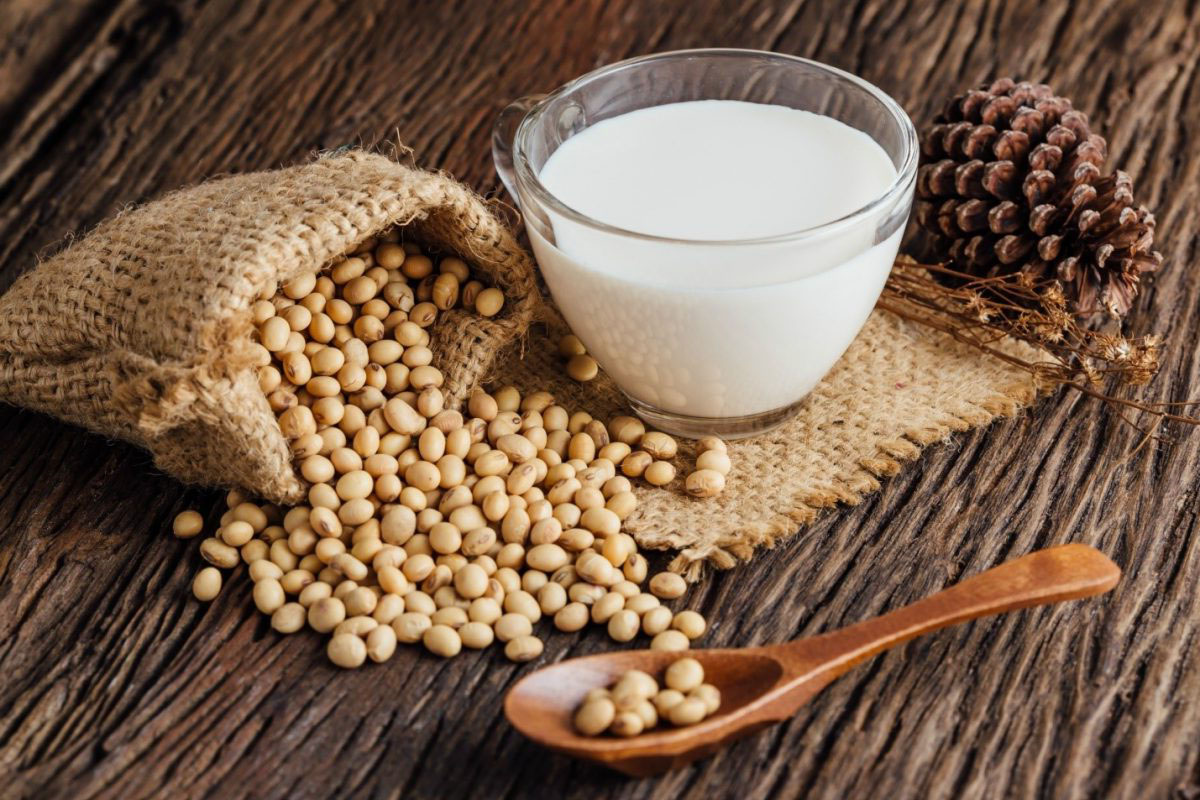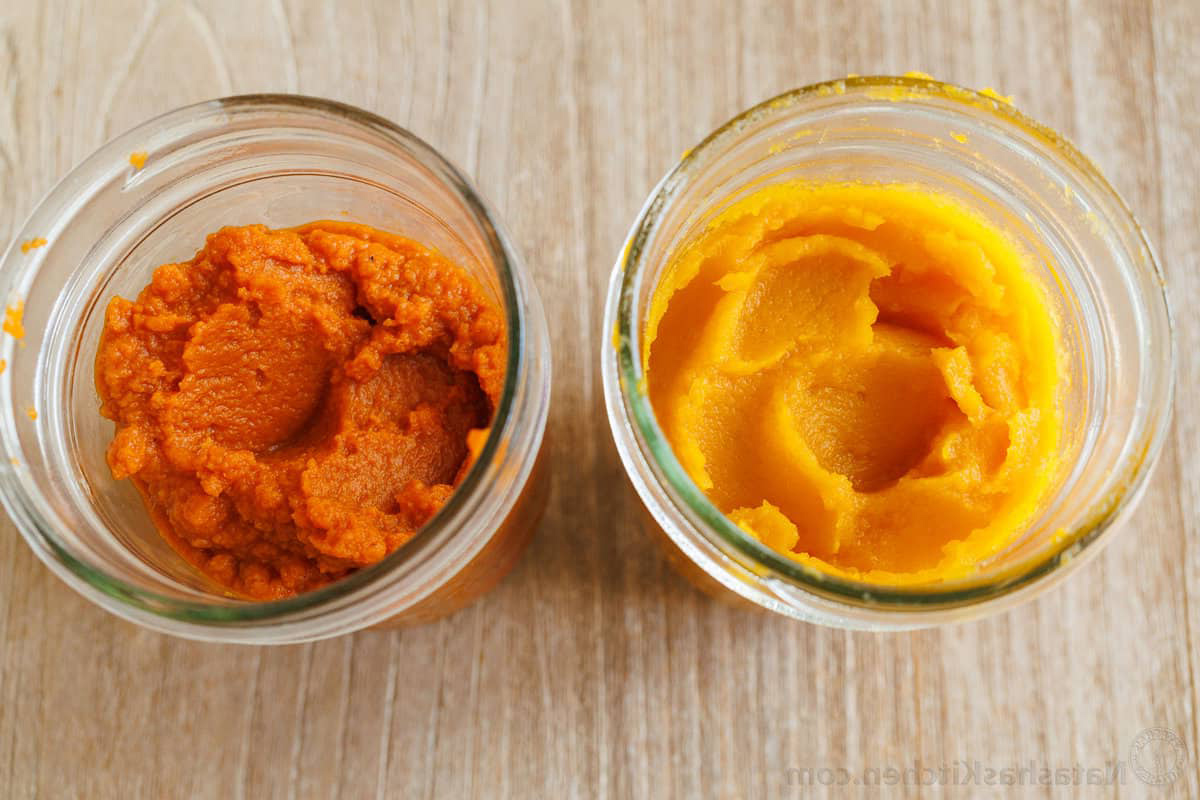Understanding MSG: Separating Fact from Fiction
Monosodium glutamate, commonly known as MSG, has been a topic of controversy and confusion for many years. Despite its widespread use in the food industry, there are still misconceptions and myths surrounding this flavor enhancer. In this article, we will delve into the truth about MSG and dispel some of the common misconceptions.
What is MSG?
MSG is a flavor enhancer that is used to add umami, or savory taste, to a wide variety of foods. It is a sodium salt of glutamic acid, which is a naturally occurring amino acid found in many foods such as tomatoes, cheese, and mushrooms. MSG is often used in Asian cooking but can also be found in processed foods, soups, and snack items.
Debunking the Myths
There are several myths and misconceptions surrounding MSG, but it’s important to separate fact from fiction. Let’s address some of the common myths about MSG:
- MSG Causes Headaches: One of the most pervasive myths about MSG is that it causes headaches and other adverse reactions. However, numerous scientific studies have failed to find a consistent link between MSG consumption and these symptoms.
- MSG is Unnatural: While some people believe that MSG is a synthetic chemical, it is actually derived from natural sources and is similar to the glutamate that occurs naturally in many foods.
- MSG is Harmful: Despite the rumors, MSG has been deemed safe for consumption by numerous regulatory agencies, including the U.S. Food and Drug Administration (FDA) and the World Health Organization (WHO).
The Truth About MSG
Contrary to popular belief, MSG is not only safe for consumption but also offers several benefits:
- Enhances Flavor: MSG enhances the natural flavors of foods, making them more enjoyable and satisfying to eat.
- Reduces Sodium Intake: By using MSG to enhance flavor, food manufacturers can reduce the need for excessive salt, thereby helping to lower overall sodium intake.
- Vegetarian and Vegan-Friendly: MSG is derived from plant-based sources, making it suitable for those following vegetarian or vegan diets.
How to Enjoy MSG Responsibly
While MSG is generally recognized as safe, some individuals may be sensitive to it. If you are concerned about consuming MSG, here are a few tips for enjoying it responsibly:
- Read Labels: Be mindful of processed foods that may contain added MSG and consume them in moderation.
- Experiment with Natural Sources: Instead of relying solely on added MSG, experiment with natural umami-rich ingredients like tomatoes, mushrooms, and Parmesan cheese to enhance the flavor of your dishes.
- Listen to Your Body: If you experience any adverse reactions after consuming foods containing MSG, it’s important to listen to your body and seek guidance from a healthcare professional.
Conclusion
MSG, despite the myths and misconceptions, is a safe and effective flavor enhancer that has been used in cooking for decades. By understanding the facts about MSG and enjoying it in moderation, you can continue to savor the delicious flavors it brings to your favorite dishes.
Remember, like any ingredient, balance and moderation are key when it comes to enjoying the flavors that MSG can offer.
Was this page helpful?
Read Next: What Is Pig’s Stomach?











